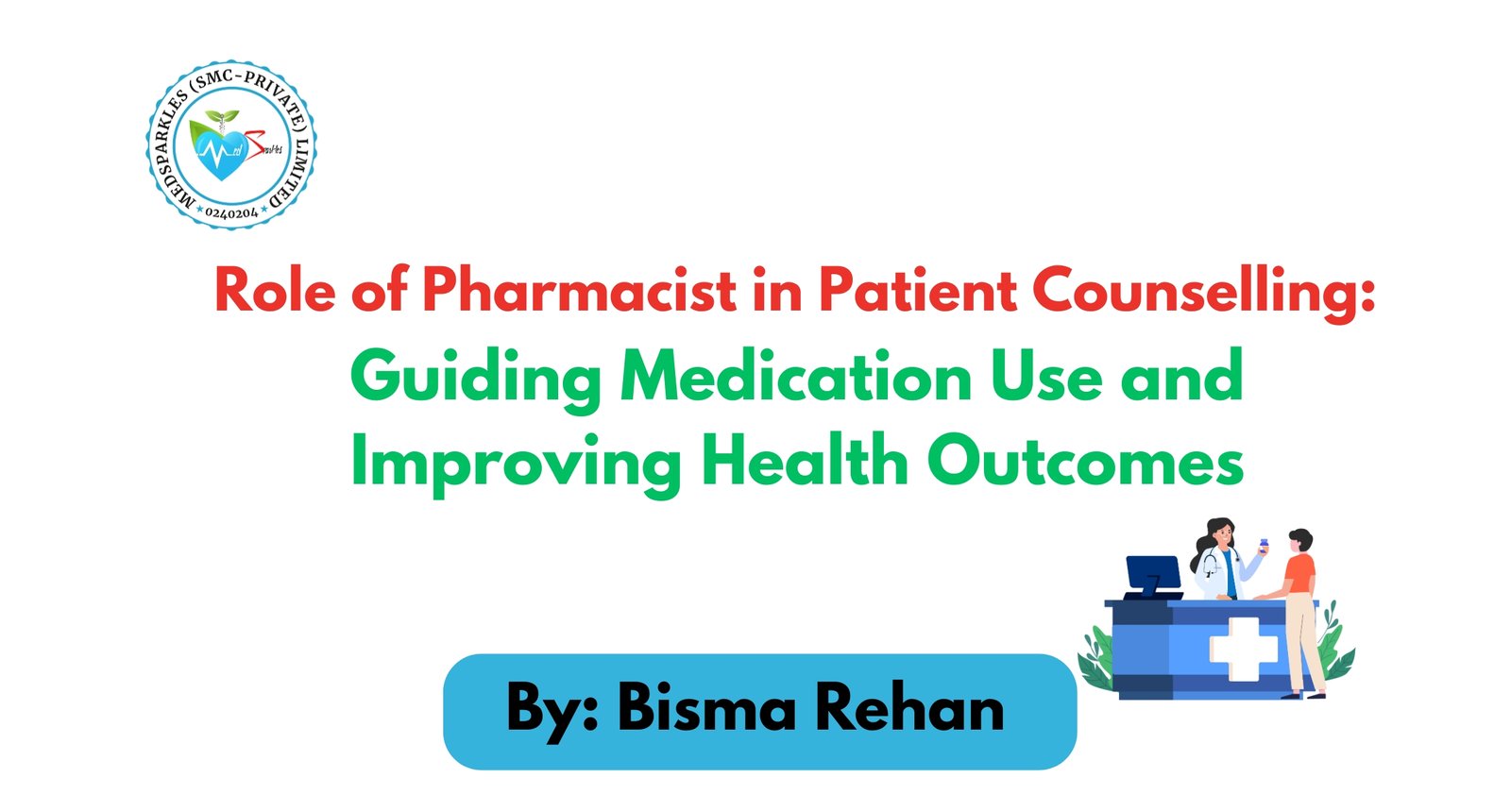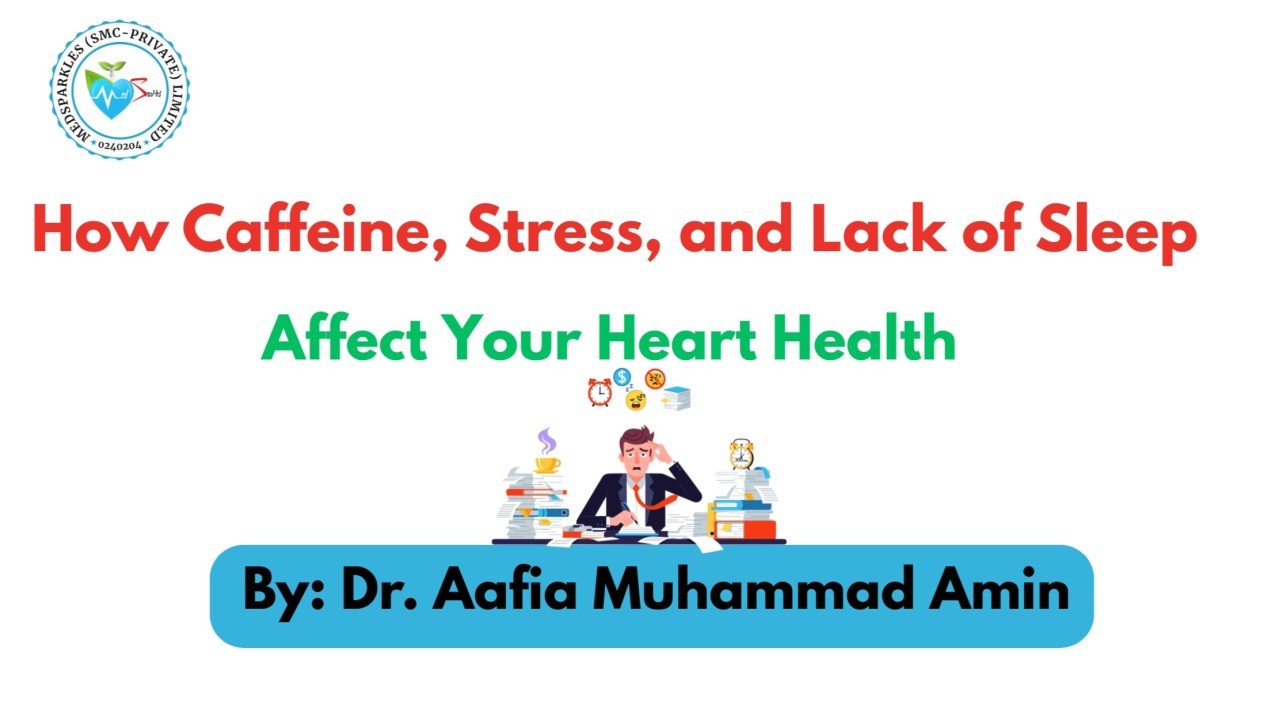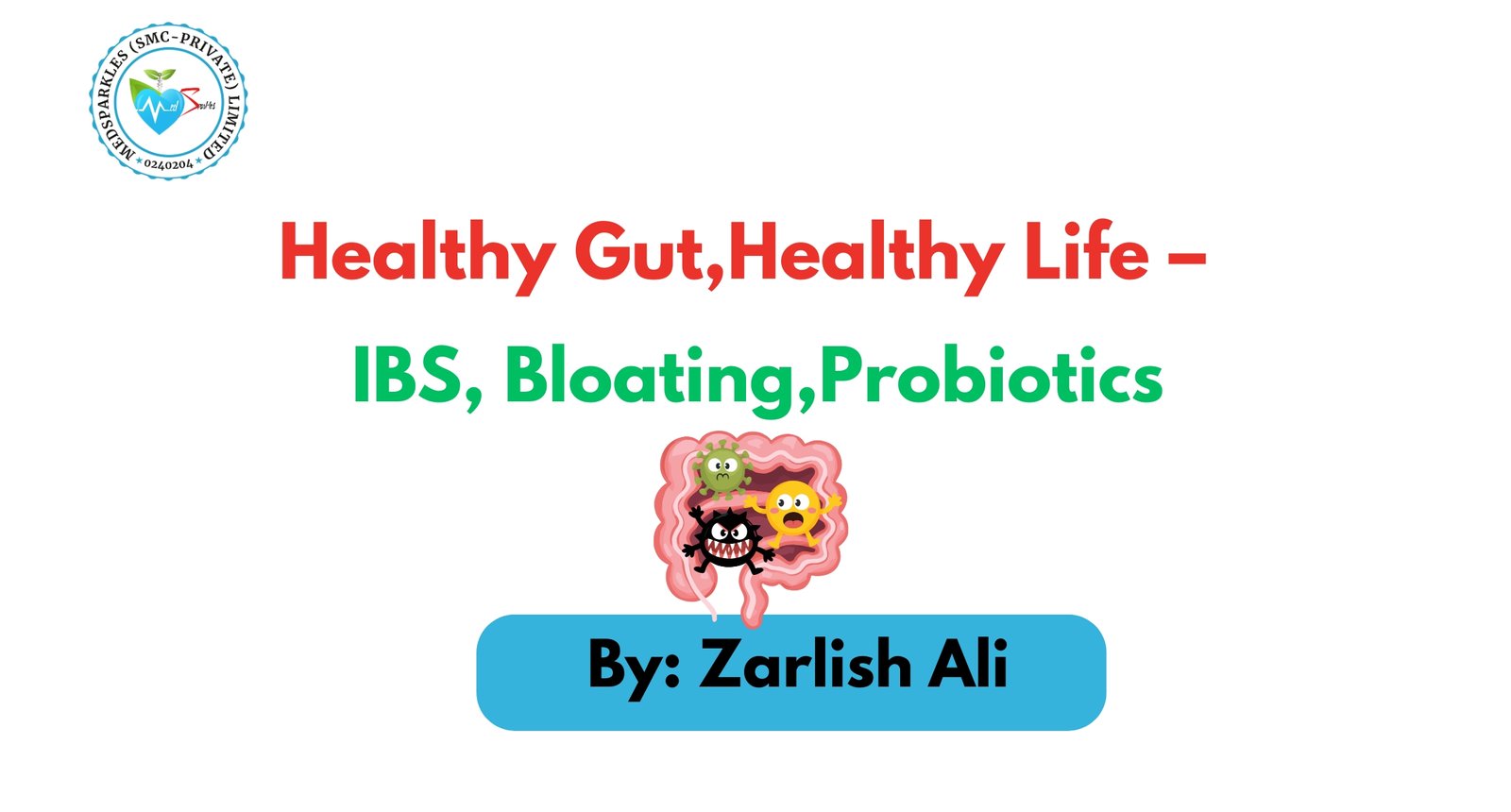Understanding Patient Counselling
Patient counselling is basically considered a crucial “informative process” that involves the providing of pivotal educational information regarding the use of medicine and its possible health outcomes to patients. It doesn’t only involve guiding about proper use of medications, but it also educates patients about how it impacts or improves their overall health with guidance about possible side effects of medicines for patients so that they don’t panic and adhere to their prescribed regimen for better health results. Patient counselling is predominantly done by pharmacists, who are considered the most reliable, responsible, and foremost health care providers. They play a dominant role in patient counselling, and they considered patient counselling their utmost responsibility, and that’s why it’s important to say patient counselling is an “informative process.”
Why is patient counselling significant?
Patient counselling is considered important equally as prescribing correct medication to a patient is important because it ensures that the patient should be doubt-free from any kind of confusion regarding the prescribed medications, and it also helps to build the trust for the pharmacist by patients, which ultimately results in effective communication and positive collaborative care regarding health outcomes. Pharmacists and patients promote collaborative care partnerships with mutual respect and trust to achieve high-quality health goals with informed decisions. Patient counselling is significant for effective medication use and adherence and helpful for empowering patients to manage their conditions effectively.

Role of Pharmacist in Patient Counselling
• Education Regarding Medicine
A pharmacist’s main role is to guide or educate patients about the proper use of medicine and how to take it according to the dose that has been prescribed for proper therapeutic effect and improved health outcomes.
• Patient Adherence
They highlight the importance of patient adherence. They discussed how it impacts your overall health if you adhere to a medicine regimen and also how it impacts you if you skip any medicine on your own without getting any confirmation from professional health care providers.
• Building Patient Trust
One of the crucial roles of a pharmacist is to discuss the importance of building trust and rapport with patients to ensure effective counselling.
• Correct use of medicine
Pharmacists educate patients about the correct use of medicine and how much of a dose they have to take (OD, BID, and TID). They highlight the proper storage of medicine as well, like storing it in a cool, dry place so that it will remain therapeutically active. Also, they guide patients about different routes by which medicine can be taken, for example, taking medicine orally, IV, IM, subcutaneously, or by inhalation, etc.
• Drug-drug interactions
Pharmacists inform patients about possible drug-drug interactions that can occur in their prescribed regimen, and how to manage them is their crucial duty. For example, the clopidogril and omeprazole interaction, so we can switch to pantoprazole for therapeutic efficacy.
• Drug-food interactions
Highlighting drug-food interactions is also an important role of pharmacists. They guide patients on how to manage these types of interactions. For example, tetracycline and dairy products, so we need to guide patients about these possible interactions.
• Medication Therapy Management
Discuss how pharmacists help patients to manage their medicine for positive health outcomes and to ensure that medicines are timely or correctly used to solve potential drug-related problems and side effects.
• Health Monitoring
Pharmacists counsel patients about health monitoring, like checking vital signs like blood pressure and blood sugar level, and provide health screening.
• Public Health Promotion
It involves guiding or counselling patients about health advice and the importance of vaccines in viral infections or epidemics for preventive care.
• Addressing Patient Concern
Pharmacists address patient concerns by giving answers to their queries.
• Monitoring and Follow-up
They monitor patient progress in disease management and counsel them about follow-up.
Conclusion
In conclusion, pharmacists play a pivotal role in patient counselling; they empower them for proper use of medicine, which helps patients to manage their medicine and health effectively. Through a positive, effective approach, pharmacists enhance patient outcomes, improve medication adherence, and focus on patient-centered care. By prioritizing a collaborative care approach, pharmacists promote patient well-being that ultimately contributes to improved quality of life and optimal health outcomes.

FAQs
Q1: What is patient counseling?
Patient counselling is a process in which a pharmacist talks to a patient about their medications and health. It’s crucial because it helps patients to understand about proper use of medications and their health outcomes.
Q2: What do pharmacists do during patient counselling?
Pharmacists guide about medications, answer questions or queries coming from patients, and provide advice on how to take medications correctly.
Q3: How does patient counselling benefit patients? Benefits of patient Counselling involves the correct use of medications; it helps to minimize or reduce medication errors and improves their overall health.
Q4: Can pharmacists help me with medication side effects?
Yes, pharmacists can help you understand potential side effects of your medications and provide advice on how to manage them.
Q5: How can I get patient counselling from a pharmacist?
You can ask your pharmacist for counselling when you pick up your medications or schedule a consultation. Many pharmacies also offer private counseling areas where you can talk to a pharmacist one-on-one.
PICTURE REFERENCEhttps://drkumo.com/patient-education-and-counseling-empowering-patients/





